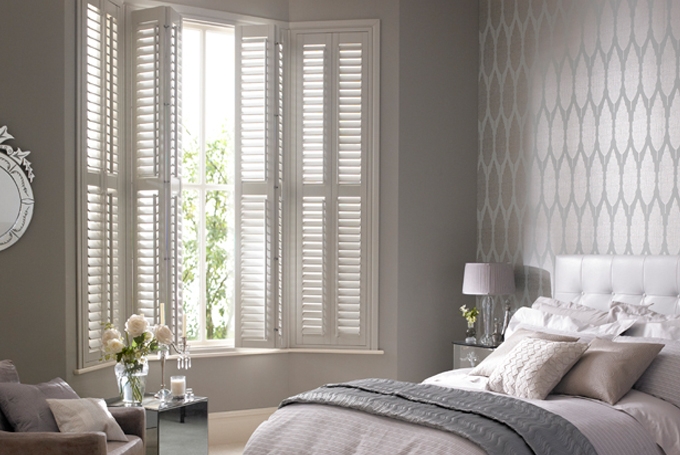With freezing temperatures and snow, the easiest thing to do is turn up the central heating system. However, with over 70 per cent of household energy consumption containing heating homes, a lot can be saved by reducing this figure. Research shows that turning thermostat down by 1°C could cut heating bill up to 10 per cent.
Make the most of the sunlight
Heat from the sun is free. So make the most of it. Use as much natural and free heat as possible. Keep window shades and curtains open during the day. Close the curtains when it gets dark. This acts as another layer of insulation and retains warmth in your rooms. Also, ensure that you don’t have any leaks or gaps to prevent the cold air. This helps preserve warm air and helps reduce condensation.
Start boiler 30 minutes before you get up
Programming your geyser to turn the heating on at a lower temperature 30 minutes before you get up in the morning is cheaper than turning it on at a higher temperature, just when you need it. This is due to the fact that a boiler heats up at a constant speed whether you set your thermostat to 20°C or 30°C.
Move sofa from the radiator
Sofa in front of the radiator may be your favourite seat, but it blocks heat that could be warming your home. If the sofa is moved away from the radiator, hot air circulates freely. Similarly, if you keep your curtains or drying clothes away from the radiator you can get the most out of your heat source. Heat-reflective aluminium foils can reduce heat loss from radiators. Use them behind the radiator. This prevents heat disappearing through the wall by reflecting it back into the room. Putting a shelf above the radiator particularly if you have high ceilings can also help channel the warmth.
Maximize your insulation
Heat loss through the roof can be easily reduced by installing insulation throughout your loft. Installing loft insulation might be costly but cavity wall insulation could save heating bills.
Turn down the dial
Research indicates that if you turn your thermostat down by 1°C your heating bill will come down up to 10 per cent. So keep the dial at 18°C, save money and help meet the carbon reduction commitments that governments strive to achieve.
Block out the draughts
Self-adhesive rubber seals around doors and windows and door draught excluders are relatively cheap and easy to install. Get the doors and windows sealed before winter.
Cover bare floorboards
If floors are not insulated they account for 10% of heat loss. Rugs and blankets can help mitigate this and you will get the added bonus of keeping your feet warm.
Replace very old geysers
If your boiler is more than 10 years old, it may be time to replace it with a new one which uses less energy to produce the same amount of heat.
Reflect the heat
Radiator panels reflect the heat back into the room. They are relatively cheap, easy to install, and ensure that heat from your radiators warms up your room and not your walls.
Double glazing is heat-efficient though a little costly. Special films are available that can be put across single-glazed windows. This can imitate the same effect, although to a lesser degree. You can attach the film to the window frame using double-sided tape and then fix it using a hairdryer.
Change your bedding
You can make your bed warmer with some clever sheet choices. For example, swapping cotton for flannel will add extra heat.
These tips can help you to keep your home warm for little or no extra cost. But if you see at a loss to do it all yourself, better consult interior design firms in Bangalore.
Ebuzz Spider, as a real estate blogger has more than 5 years of experience in writing blog posts that gives great insights to readers about the current trends in real estate sector. He has written many blogs on following topics like construction companies, real estate builders, architects, and interior designers, home interior designers, luxury apartments, and villas and on important criteria to be considered before buying a property.
